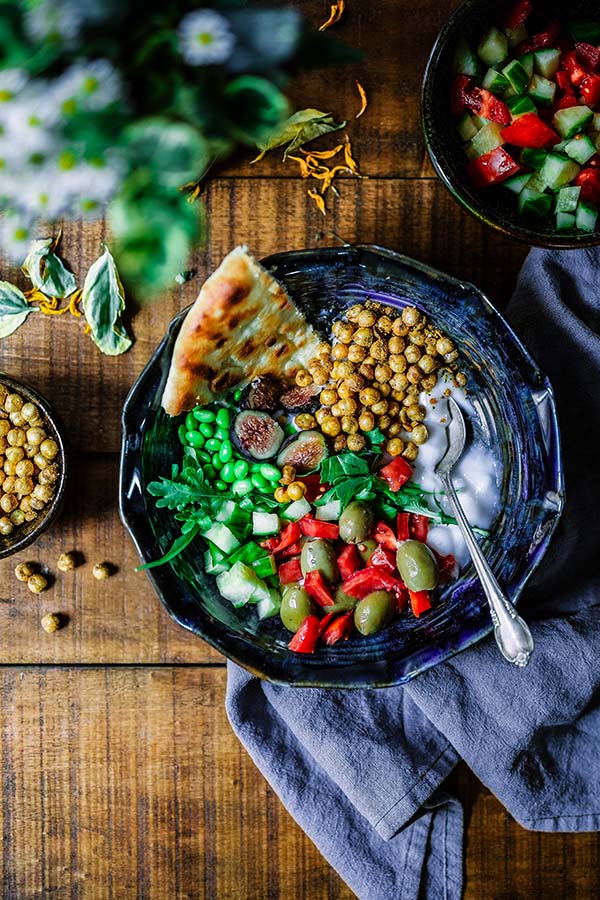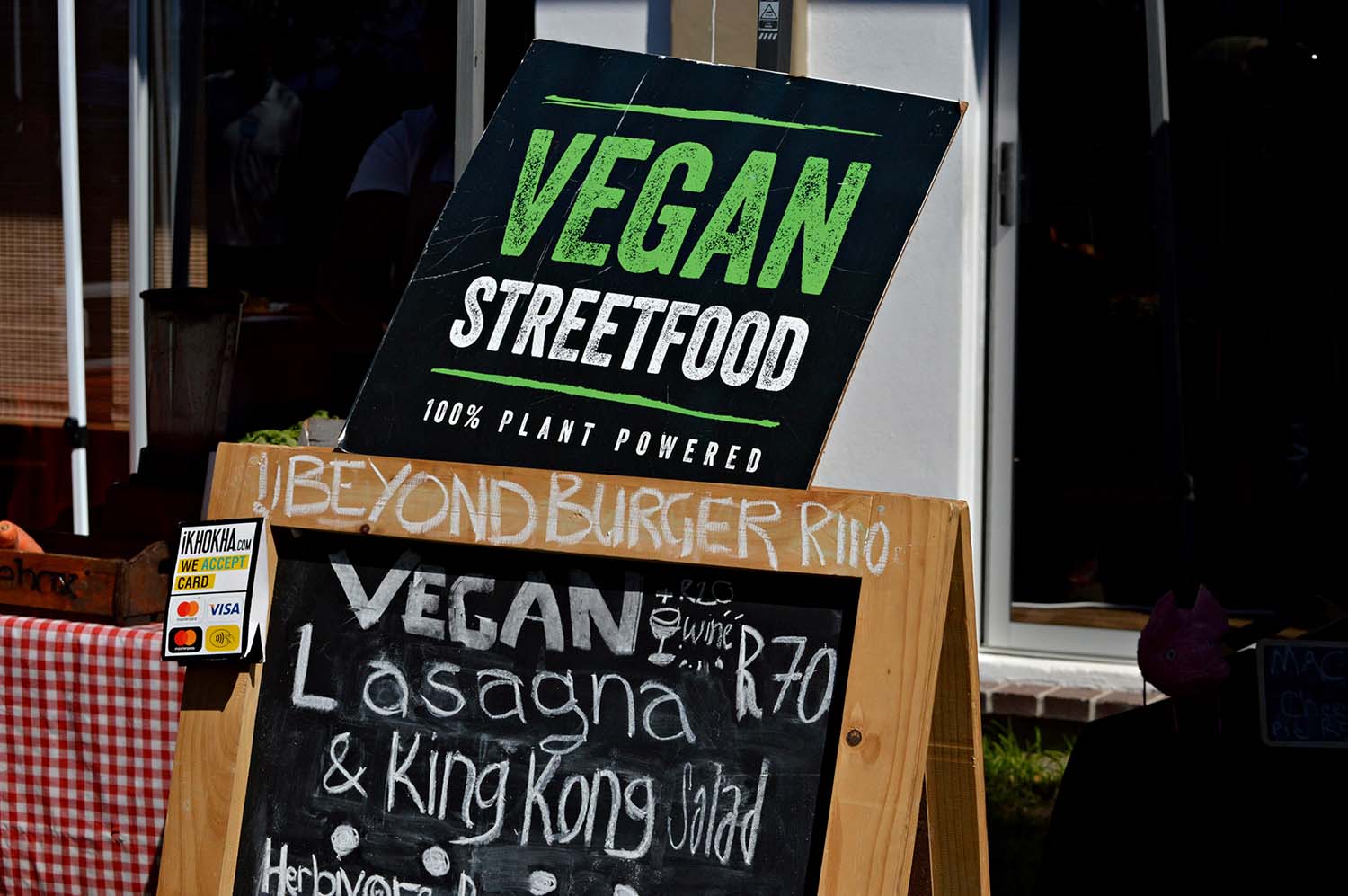We all know that veganism is often thought of as a trend, or even something exclusive only to the wealthy. But the truth is, veganism has been around for as long as we’ve been around, and a plant-based diet can be accessible to everyone. This isn’t to say that everyone should be on a vegan diet, but if you do want to embark on that journey and commit to it long-term, you’re going to need some help getting started.

Photo, Edgar Castrejon.
With many different resources online, it’s quite easy to get lost and oftentimes faces misinformation which makes it all the easier to give up on veganism completely. This is why we’ve set aside some starter tips that will make your transition into a vegan lifestyle stick.
Find your reasons: Some people go vegan because they want to take a stance against animal cruelty, some because they want to get healthier and see it as the right path, and some because of the climate impact that being on a plant-based diet makes. Finding this reasoning within you will help you stick to your decision when the temptations come in.
Be mindful that this doesn’t mean you make it your life’s mission to tell everyone your reason for being vegan, nor that being vegan for one reason over the other is in any way better or more desirable. Simply put: your reasonings are for you, and you should find the ones that resonate with you the most, which is why many experts suggest that this should be the first step you take before embarking on a vegan path, especially if you’re aiming at a lifetime of veganism.
Take it one step at a time: A lot of people see veganism as a big step, and then they take that big step and cut out all animal products at once. This is quite a radical approach, and it’s not very viable. The reason is that you simply need time to adapt to the lifestyle. If you just go cold turkey, you won’t be equipped with the recipes you need, the nutrition knowledge you need, and overall guidelines that will help you. A better approach is to slowly start reducing your meat and dairy intake. Try swapping out the protein in some of your favourite meals and get accustomed to the taste of vegan food while still not making the big leap.
As you gradually exchange more and more non-vegan foods, you won’t even notice that your diet is changing, and it is more likely to stick. That being said, doing a little bit is a lot better than doing nothing. If you reduce your meat intake by half over a year, you’re doing a lot more if you ate completely vegan for a month and then gone back to your regular omnivore diet.
Learn some nutrition: No, you don’t have to become a registered dietician to be able to eat a balanced diet, but you will have to learn some basics. It’s not because it’s hard to eat balanced on a vegan diet, but because most people, when making the switch, simply cut out animal products without compensating with other produce. You might want to research some vegetarian omega 3 supplements that don’t contain any animal products and will help you compensate for nutrients you might be missing out on. Having a consultation with a registered dietician at the beginning will help you start on the right foot and give you a leg up on your raw vegan food journey.

Photo, FitNish Media.
Learn the recipes: When you start eating vegan, the first instinct might be to take some of your favourite dishes and simply remove animal products from them. This will leave you feeling hungry and unsatisfied. The step up from this would be replacing the meat in the dishes with something like soy or mushrooms. But this is all just ‘playing’ at being vegan. When you get into it, you’ll find a whole new world of food and dishes that don’t revolve around meat and proteins. They are dishes that are vegan in their core and they will be so much more satisfying than any ‘modified’ dish.

Photo, Edgar Castrejon.
Look into curries, stews, bakes, and salads. There is a whole world of amazing food out there that you don’t even think about when you default to meat, and you’ll be so glad you found it, and with the rise of cooking websites and TV shows, today is the most resourceful time on vegan recipes than any other point in history. Make sure you use this to your advantage.
Connect with the community: If everyone around you is an omnivore, and especially if they have a prejudice against vegans, you might find it hard to keep the lifestyle around them. The easiest remedy for this is to connect with others from the vegan community and create a support system that will keep you on the path you want to be on. Make sure that whatever community you connect with, it’s a shame-free zone where nobody will make you feel lest-than if you’re not a “perfect vegan”.
Find somewhere where you can ask any questions you have, get support, and learn things that will help make going vegan easier. If you ever encounter shaming or stigma within the community (and let’s not beat around the bush, there can be a lot of it), you should leave and find a more accepting place.
In the end, you must remember that your values are more important than your labels. What are the values you hold as a vegan? These are some of the main questions you should be asking yourself when embarking on a vegan path for a lifetime. Even though it may seem like something you can’t possibly grapple with, embracing a vegan path is made much easier today because there are plenty of resources, recipes, and supplements.
All the information is out there, as well as the means to help you achieve your goal of staying on a healthy vegan path for the entirety of your life. This is a truly wonderful journey that many people should at least try and stick with.








